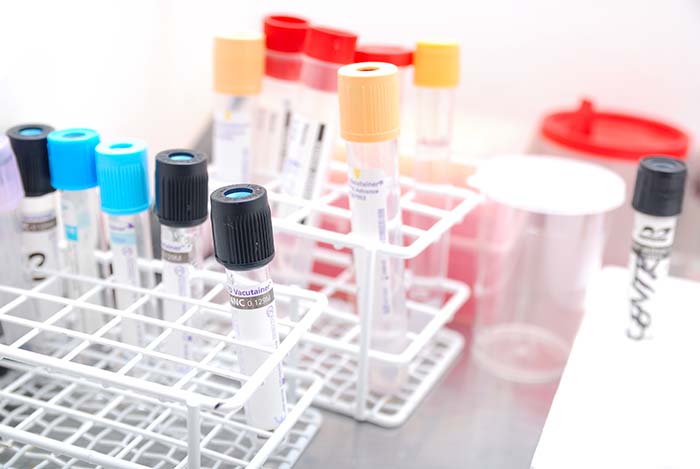Becoming a phlebotomist is a very important job and also one that most people who aren’t in the medical are not familiar. If you are in the job market for phlebotomist jobs, you’ll see the future is bright. There is always a need for competent phlebotomy technicians in both the hospital setting as well as the mobile lab unit setting. The opportunity is there, if this is a career path you are looking to begin.
Phlebotomy Technician Job Duties
The daily routine of a phlebotomist would surprise you. Why? Because as a phlebotomist, drawing blood is only one part of your job. Some of your duties would include:
- Drawing blood from children, adults, infants and the elderly
- Obtaining both urine and stool samples and testing them
- Obtaining the patient’s insurance and entering their information into the computer
- Cleaning the lab, bathroom and emptying the garbage
- Participating in a Code Blue, ie CPR assistance whenever needed
- Answering a patient’s call light and bringing them a blanket or helping the family with directions in and around the hospital
- Providing emotional support to patient’s
- Drawing blood from the hand using a butterfly needle
- Driving to patient’s homes and performing a blood draw
- Separating serum and plasma
- Pipetting serum or plasma from a tube
- Accessing Peripherally inserted central catheters for a specimen of blood
- Drawing with a syringe
Getting started on your new career as a Phlebotomist Technician
To begin a new career as a Phlebotomy Technician you will need to first do some research on some of the training programs that are in your area. You should be looking for some of the following things;
Longevity in the community: Choosing a school that has been in operation over five years tells you that they have good business practices. Most schools don’t last more than 2-3 years.
Curriculum and content: Make sure that you are going to learn the right information and not just the basics. There is a lot more to becoming a phlebotomist besides drawing blood, such as order of draw and minimizing laboratory errors.
Community Reviews: Search both Google Reviews as well as the other social media venues to see what people are saying about the school you are looking to attend. If they are reputable, they will have both a mix of good and some bad. But beware of those who have only good reviews. Any business that is completely transparent will have reviews at both ends of the spectrum.
Job Placement or Assistance: Very few schools will have job placement, but you must be sure that they have job assistance. This may entail helping with resume writing or looking for employment. A good school will be proud of their students’ job placement rate and will be eager to tell a prospective student about their success.
Affiliation with Hospitals and labs: Hospital affiliations are important for phlebotomy schools to show that they have community connections for their graduates. Most of the time schools have rotations that students can participate in and complete over 100 draws while they are doing their externships.
Make sure the school is licensed with the state: Any proprietary school must have a current school license. For a post-secondary school to be able to offer a certification as a Phlebotomist Technician, they must have a license to do so.
National Certifying Exams: Once the student has completed training as a phlebotomy technician, the school should have affiliations with national accrediting organizations where the student can enhance their certification by taking a national exam. The national accrediting exams will allow the student to work in any state should they decide to move as well as provide employers that extra level of recognition that may also translate into a higher starting salary.
Getting started on becoming a Phlebotomist Technician
Once you have had all your questions answered, then the rest is up to you. Plan your study time wisely. Many programs are short in duration and the learning may be blended with both online and in class sessions. Make sure that you have the time and dedication to move forward in your new career. Because once you have graduated you will have the tools to work as a successful phlebotomist technician.

Nancy L. Kimmel obtained her PhD in Environmental Engineering in 2002, then went on to teach Physics and Mechanical Engineering at Lawrence Technological University, Henry Ford College and Oakland University. She obtained her Associate in Nursing from Henry Ford College and then went on to earn her Master Degree as a Family Nurse Practitioner and became Board Certified working as a licensed FNP in the State of Michigan. She then went on to Medical School where she is now in her 3rd year, and is also in the process of obtaining her Doctorate in Nursing Practice through Chamberlin University. She has authored the NET Study Guide, as well a several books on subjects of Math, ECG/EKG and Phlebotomy. She holds a patent on an Air Filter through the U.S. Patent Office.


